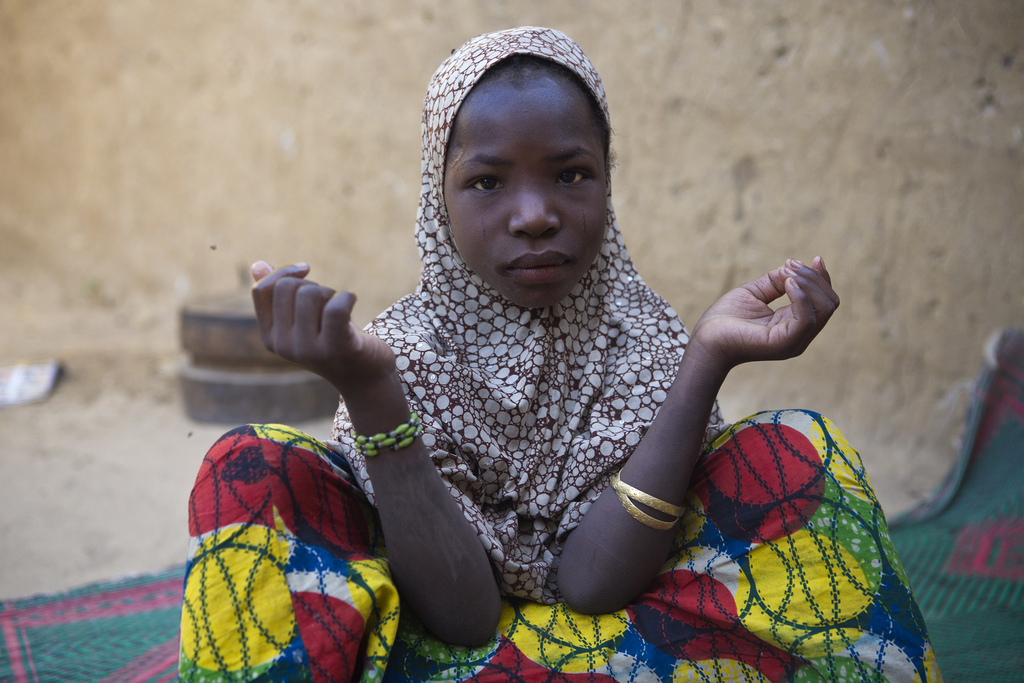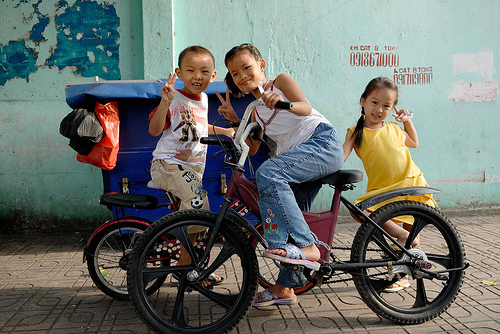Kyrgyzstan Confronts Teenage Pregnancy by Implementing Sex Education Programs
 The government of Kyrgyzstan seeks to tackle a dramatic increase in teenage pregnancy by implementing sexual education programs in schools. The campaign began in May when the government announced the creation of a new reproductive health bill that intends to bring the country’s health standards up to par with international legislation. One aspect of this bill highlighted the importance of sexual education programs taught in schools, making it a specific priority for Kyrgyzstan education and health ministries.
The government of Kyrgyzstan seeks to tackle a dramatic increase in teenage pregnancy by implementing sexual education programs in schools. The campaign began in May when the government announced the creation of a new reproductive health bill that intends to bring the country’s health standards up to par with international legislation. One aspect of this bill highlighted the importance of sexual education programs taught in schools, making it a specific priority for Kyrgyzstan education and health ministries.
The United Nations Population Fund partnered with Kyrgystan’s government during this year’s World’s Population Day, a day devoted to raising awareness of adolescent pregnancy in developing nations. Together they enlisted the help of Kyrgyzstan’s most popular celebrities to promote the Campaign to Prevent Teenage Pregnancy in Kyrgyzstan. These four celebrities will share their own adolescent experiences and understanding of sexuality, parenting, love and relationships. UNFPA intends to use direct communication with both teens and families, online discussions, filmed messages, media advertisements, and utilization of social media programs to inform youth on responsible decision making regarding sex.
The National Center for Statistics recorded an increase in births among girls aged 15-17 from 4.4 births per 1000 girls in 2006 to 7.2 births per 1000 girls in 2011. Limited access to contraceptive options resulted in 7 out of 10 pregnancies ending in abortion, 1 in 13 abortions among teenagers aged 12-19, and over 200 abortions among teenagers younger than 14 years old. The Kyrgyzstan medical community also shares concern over the spreading HIV/AIDS virus, with a count of 4,178 people living with HIV in 2012, making the importance of youth health education even more paramount.
However, the discussion does not come without social challenges. In 2005, the Kyrgyzstan government recalled 30,000 textbooks that promoted healthy lifestyle choices; two out of twenty chapters regarded HIV/AIDS and sexual relations. The conservative Committee for the Protection of Honour and Dignity labeled the contents as “offensive” and claimed they encouraged promiscuous sexual activity among the youth, despite an enthusiastic welcome from school teachers and generous UNAID support.
Tursunbay Bakir-Uulu, current Ar-Namys party politician, was one of those who lobbied for the book’s removal, saying “it’s absolutely wrong to teach children sex and how to use a condom. It’s all influenced by Western culture,” and instead promoted curriculum designed around Kyrgyz traditions and moral values.
As a result, many classroom discussions regarding sex education were met with embarrassment and resistance by the faculty, ultimately leaving teenagers without guidance. The UNFPA program is currently promoting and hopefully integrating teacher manuals into the education system. The material will cover healthy lifestyle choices, sexually transmitted diseases, peer education, drug abuse, and teenage pregnancy, all of which aim to strengthen the capacity for both teachers and students to address the important issue of sex.
Creative Commons Love: U.S. Embassy Bishkek on Flickr.com
Written by Rachel Pozivenec









